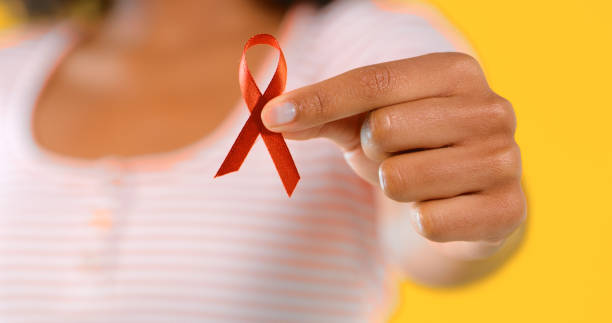
Being diagnosed with human immunodeficiency virus (HIV) can be devastating. Fortunately, doctors have good news for the thousands of African Americans who get this diagnosis every year. While it’s true that HIV weakens the immune system and can develop into acquired immunodeficiency syndrome (AIDS), it doesn’t have to get to that stage. With the proper treatment and lifestyle changes, you can live well with the virus. Here’s how your health management may have to change after your diagnosis.
1. You May Need A Different Doctor
While a general practitioner is usually able to handle your care, some people may need to work with an HIV specialist.
Apart from offering specialized care to those who have been diagnosed with the virus, a specialist's services may also include guidance on nutrition and counseling. If you feel this would meet your needs, make sure to talk to your doctor about the available options.
2. There Will Be Scheduled Visits
Once you’ve been diagnosed, your doctor will need to see you regularly. These visits will be necessary to follow up on how you’re feeling and how well your medications are working.
Since HIV has some serious complications, your doctor will want to look for early signs of illnesses such as pneumocystis pneumonia, thrush, cryptococcal meningitis, tuberculosis, and lymphoma.
3. Regular Blood Tests Are A Given
Your initial HIV diagnosis won’t be your last blood test. Regular tests will be used to track your viral load as this is how doctors determine if your medication regimen is working.
With the right drugs, your load should show signs of decreasing over time. In fact, the aim is to get to the point where the viral load can’t be detected by the blood tests at all. Bear in mind that it’s not a cure, it only means that the virus is under control.
RELATED: Your Guide to HIV Medications
4. You’ll Have A Medical Regimen
The drugs that are used to manage HIV are known as antiretrovirals and a wide range of them are available. They are usually divided into categories based on how they work. For example, nucleoside/nucleotide reverse transcriptase inhibitors (NRTIs) interfere with how the virus reproduces while protease inhibitors (PIs) block a particular protein that the infected cells need to reproduce. Don’t be surprised if the doctor adjusts the drugs you’re prescribed over time as it can take a few trials to determine which ones are effective for you.
5. Vaccinations Will Be Important
Since HIV weakens your immune system, doctors often recommend that you keep on top of certain vaccinations to stay healthy. These vaccinations ensure that there are no complications from illnesses such as COVID-19, the flu, HPV, Hepatitis B, pneumonia, and pertussis (whooping cough), among others. It’s best to consult with your doctor about the right vaccination schedule for you.
6. A Support System Helps
Statistics show that people who have been diagnosed with HIV often go through a period of shock and may go on to deal with bouts of depression.
A support system can go a long way in helping you to handle your diagnosis and stick to your prescribed treatment program. If you have trusted friends or family members, that would be a good place to start.
Finding a therapist and an HIV support group can also be helpful as they may introduce you to resources you may not already have access to.
RELATED: Nutrition Tips For Persons Living With HIV
7. Your Overall Health Will Be A Priority
In addition to taking your medication, certain lifestyle changes can help with your overall health. Exercising, staying away from cigarettes, drinking alcohol minimally, and eating balanced meals can all make a big difference.
If you have trouble with any of those, it may help to ask your doctor or support group for effective tips.
We’ve come a long way with the management of HIV and research still continues to improve the effectiveness of the medications that are being used. If you follow your doctor’s prescribed regimen and take care of yourself, it’s very likely that you’ll live a good life with HIV.








